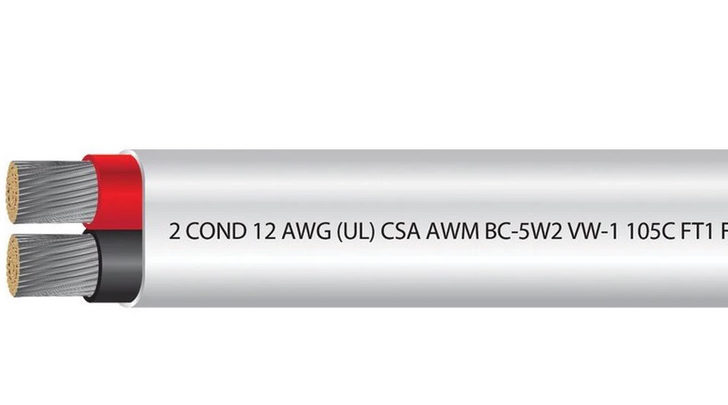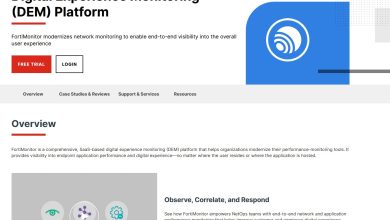
When it comes to wiring in a marine environment, overkill is everything. A constantly moving, wet, and often salty environment obviously makes electrical wiring a special challenge. In order to deal with these issues, the American Boat and Yacht Council (ABYC) has standards and guidelines for the Marine Battery Cables And Terminals to use when wiring boats’ electrical systems. Using the correct wire and following these guidelines is crucial for avoiding catastrophic results.
The first thing you need to consider when choosing a quality boat cable is flexibility. Your cables are going to be subject to near-constant movement due to the lapping of waves and the currents of the water. In order to handle this constant movement, you need a flexible cable that won’t split or pull loose due to movement.
While commonhome residentialRomex cable uses a solid core copper conductor, this kind of rigid cable is never acceptable on boats. Instead, a cable made with the maximum possible count of threaded strandedcopper conductors will assure that your wires and cables will be able to flex without failure. This increased surface area offered by stranded copper leaves more room for oxidation. To combat this issue the best marine wiring should be composed of tinned copper, though this is not an official ABYC standard. However, a tinned coating will make your marine wiring significantly less reactive and less subject to corrosian.
It is also important to give your wires and cables a bit of extra slack in marine environments. Tight cables will save wire and space, but increase the risk of failure at terminal points. Leaving slack gives your cable flexibility and prevents cables from pulling loose due to movement.
The outer jacketing insulationon your cables is also crucial. Marine cable can be exposed to many more sources of corrosion than the air and water terrestrial cables are designed to deal with. The outer jacketing insulationmaterial must be resistant to not only water but also acids, alkalis, oil, gasoline, and general abrasion. Without proper jacketing, these corrosion sources will eventually eat away at the insulation layer and lead to dry rotting and exposed conductors. Cable failure, especially along marine battery cable and terminals, can leave operators in potentially fatal scenarios.
To avoid these kinds of failures, it is important to use both the correct cable and terminal connections. Cable connectors like wire nuts require at least one solid core conductor, like home Romex cable, and should never be used in marine wiring. Instead, wiring should be properly crimped with secure tongue ring terminals. The crimp point will become the main site for possible failure, and a shrink tube should be used to reinforce your crimps and lower the risk of oxidation and provide a source of strain relief. Following these guidelines will help keep both wiring professionals and boat owners safe from wiring failure.
If your business deals with marine wiring and you need high-quality marine battery cable and terminals, turn to our team at the Electric Wire and Cable Specialists (EWCS). We produce tinned copper marine wire and cables that provide the flexibility and secure insulation required for proper marine wiring in sizes ranging from 16 AWG to 4/0 AWG. Whether you need wires for batteries or two or three conductor cables for wiring AC systems, we have cables from 16 AWG to 10 AWG.
Here at EWCS, all of our wires and cables are manufactured in the US from high-quality copper conductors and resilient insulation. If you need the best wire fast, give our team a call and let us work with your business to ensure you have the perfect cables for every job.
For more information about Tray Cable and Solar Panel Cable Please visit : Electric Wire & Cable Specialists (EWCS).





